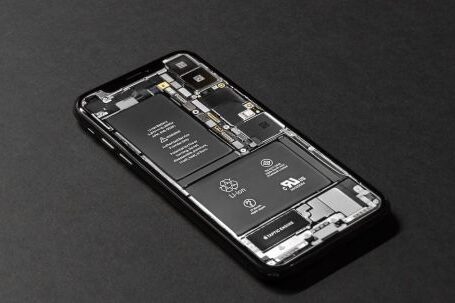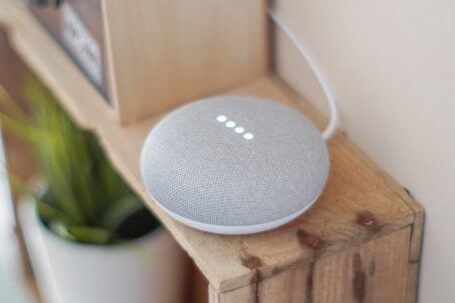Smartphones have become an indispensable part of our lives, connecting us to the world in ways we never thought possible. However, with this increased connectivity comes the risk of compromised privacy. From hackers to data leaks, the threats to our smartphone privacy are ever-present. It is essential to take proactive steps to protect our data and maintain our privacy. In this article, we will discuss some practical tips to safeguard your smartphone privacy.
Keep Your Software Up to Date
Software updates often include patches for security vulnerabilities, so it is crucial to keep your smartphone’s operating system and apps up to date. These updates not only add new features but also fix any security loopholes that may have been discovered. By regularly updating your software, you can stay one step ahead of potential threats and ensure the privacy of your smartphone.
Use Strong Passwords and Biometric Authentication
One of the first lines of defense against unauthorized access to your smartphone is having a strong password. Avoid using easily guessable passwords like “1234” or “password.” Instead, opt for a combination of letters, numbers, and symbols. Additionally, biometric authentication methods such as fingerprint or facial recognition can provide an extra layer of security. Enable these features on your phone to prevent unauthorized access to your personal information.
Be Mindful of App Permissions
When installing apps on your smartphone, be cautious of the permissions they request. Some apps may ask for access to your contacts, messages, or location, even when it is not necessary for their functionality. Before granting these permissions, consider whether the app’s purpose justifies the access it is requesting. Limiting unnecessary permissions can help protect your privacy and reduce the risk of your data being misused.
Use Secure Wi-Fi Networks
Public Wi-Fi networks can be convenient, but they also pose a significant risk to your smartphone privacy. Hackers can easily intercept data transmitted over these networks, potentially gaining access to your personal information. Therefore, it is advisable to avoid using public Wi-Fi networks for sensitive activities like online banking or accessing personal accounts. If you must use public Wi-Fi, consider using a virtual private network (VPN) to encrypt your data and ensure its privacy.
Be Wary of Phishing Attacks
Phishing attacks are a common method used by cybercriminals to obtain sensitive information. These attacks often involve tricking users into clicking on malicious links or providing personal information through deceptive websites or messages. To protect your smartphone privacy, be vigilant when receiving unsolicited emails, texts, or calls asking for personal information. Avoid clicking on suspicious links and always verify the legitimacy of the sender before sharing any sensitive data.
Regularly Back Up Your Data
Data loss can occur due to various reasons, including hardware failure, theft, or accidental deletion. Regularly backing up your data ensures that you have a copy of your important information in case of any emergencies. Utilize cloud storage services or connect your smartphone to your computer to create backups of your data. By doing so, you can protect your privacy and recover your information if it is ever compromised.
Conclusion: Safeguarding Your Smartphone Privacy
In today’s digital age, protecting your smartphone privacy is of utmost importance. By following these practical tips, such as keeping your software up to date, using strong passwords, being mindful of app permissions, and avoiding public Wi-Fi networks, you can significantly reduce the risk of privacy breaches. Additionally, staying vigilant against phishing attacks and regularly backing up your data can further enhance your smartphone privacy. Remember, taking proactive measures to protect your privacy is essential in ensuring the security of your personal information in the digital world.




